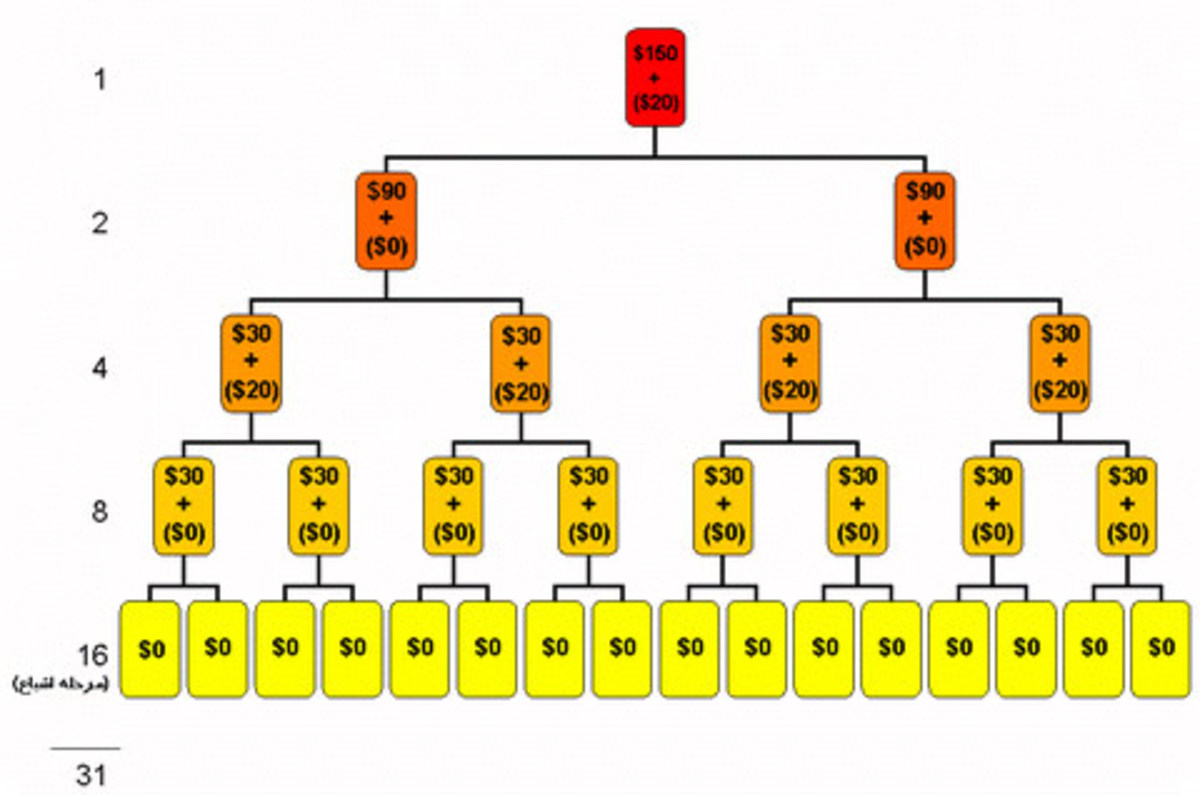Find a US Employer - The Secrets of Recruitment
Looking for Work?
When it comes to finding a job, for most people it is as easy as visiting one of the major job portals (craigslist.org, careerbuilder.com, etc). For international workers, however, it is not as simple. More often than not, applying for a position listed on these web portals as an international worker is futile. Companies are looking for U.S. residents and/or citizens, and are not willing to wait for candidates to come to the United States to hire them.
Because we deal primarily with international workers, we often have to act as an intermediary on their behalf. We contact the employers, set up the virtual interviews, and take care of all of the processing and filing requirements to bring the workers to the United States. Beyond even the language barrier, employers in the United States tend to be so bombarded by offers from other agencies, independent workers, and every-day walkins, that they rely on companies such as ourselves to screen workers and take care of the details.
For independent workers, this process can tend to be much more complicated. How does one find an employer without working with a recruitment firm? Well, let's find out!
Don't Use This Method!


Alternative Jobs
Step One: Resume
Your First Step should be to analyze your skill sets, and make a short resume or summary of qualifications. A resume for candidacy as an international worker is a bit different from the typical resume. It should answer the following questions:
- What is your name?
- How old are you?
- What types of jobs have you held?
- What type of positions are you interested in?
- What skills do you posess?
- What is your level of English? (Beginner, Intermediate, Fluent, Fluent-Professional)
- What kind of training/education do you posess?
- Have you ever visited/worked in the United States?
- What is your Contact information?
In the interest of time and paper cost, do your best to minimize the resume to one page, or two for more technical pursuits. This document is more of an introduction. Further information can be divulged at the interview stage (if the company requires an interview.
When choosing a job category, make sure that it is something that you are interested in, and qualified to do. Employers typically utilize international workers as a last result, or as a cost-cutting measure. If they are able to find a more qualified candidate for less/the same amount of money within their own country, they typically will go with that candidate. For unskilled jobs, a complete and exact work history is typically not as important as the skills a candidate may posess. For example, target your resume to match the job that you are interested in. For someone interested in working as a Waiter/Waitress, having "Waitressing- 5 years" on a resume is a bigger help than showing prior work history as a computer programmer or financial analyst. Don't get me wrong - a good work history is a great thing to have, but one can always risk looking overqualified for a job.
Step Two: Job Search
As in any job search, it is important for international candidates to set up a list of potential employers. Start with the best possible scenario - the highest paying employer in the city with the lowest cost of living. The last employer on your list should be the one with the lowest salary. This is to be a last result - simply a way to get your foot in the door.
Do you have a preferred location? Many people that have never been in the United States still have a city they have always wanted to visit, or a state that they had heard was beautiful. Our company is based in Florida, which is often sought by candidates from candidates in the North and from Southern hemispheres. Some candidates enjoy larger cities, and focus their job search on New York, Chicago, and Los Angeles. Candidates interested in saving money on the Cost of Living will often look for more rural locales, including Colorado, Tennessee, and the Midwest.
Once you have settled on a location, go ahead and search for local and regional Job Search portals in the area. Some national sites such as Craigslist, CareerBuilder, Jobs.com, and Monster can also be used as a reference point. As we mentioned, these types of resources do not make a good basis for a job search, as they are primarily targeted at U.S. based workers. Smaller Job Search Portals may be of more use, as they typically have more unskilled-labor types of positions.
Local and Regional newspapers often have an online classifieds section that can aid in a job search. Many employers are required by law to post advertisements in these periodicals prior to hiring international workers. Posts that are larger in size, and include the name of the company, number of jobs available, a reference number or Job ID, and instructions to send in a resume are generally very good indications that the company is either an employer, or a recruiter working for the employer. Take Notice, however: Applying for these positions will not get you the job - they are used as a measure to ensure that there are no domestic workers available to fill the position. If you find a company such as this, search for their direct contact information via Yahoo or Google.
Another great way to find positions is to locate the corporate branch or management office of large chains. Examples are Marriott, IHop, McDonalds, and others. Contact the Human Resources department, and request information about international recruitment. If they have a recruiter that they work with, contact them to learn more about the application process.
How to Find an Employer
Finding Construction Jobs
Step Three: Contact
When making contact with an employer, the first steps are crucial. If you are not sure about you English spelling and grammar, have a friend or colleague take a look at anything that you send out. Set up a letter that describes the position you are interested in, where you are from, and when you are wanting to come to the United States. Provide your contact information and an email address where you can easily be reached.
Don't depend on every employer to answer you. If you get an answer from even one-fifth of the employers on your list, then you should feel fairly accomplished!
Start towards the middle of your list, and work your way up. It's good to have some practice. After every attempt, your pitch and technique will be that much better. When you are ready to contact the employer at the top of your list, your will be at the top of your game! Save the employers towards the bottom of the list until later. You don't want a bunch of job offers from employers that you are not that interested in, only to turn them down. It is best to keep up a reputation with these companies for the future, in case things don't work out with your favored employers.
If you will be making phone calls, write a short "script". Make sure it is something that you will be comfortable reading, and that it will not sound 'rehearsed'. This is only to be used as a reference. The last thing that you need is someone catching on that you're reading your responses off of a piece of paper.
Companies and Job Portals will often require a resume. Have one available in an electronic format for easy distribution. The electronic version should have little to no formatting (bold or italicized text, underlining, etc).
Final Preparation
If you have found an employer that has worked with international workers in the past, and can handle all of the processing and filing requirements, then you are good to go. If you are having trouble finding an employer, or find one that is not sure of how to proceed, sometimes it may be in your best interests to contact a recruitment specialist or agency. International recruitment specialists are often freelancers that have dealt with international employment firms and/or staffing agencies, and choose to help candidates or employers on an individual basis. Larger firms have the manpower and the resources to take care of any needs that may arise, but often charge larger processing and filing fees.
When looking for help, make sure that the company you contact has experience in dealing with international workers. The last thing you need is someone 'winging it' and causing your paperwork to be delayed or even denied.
Talk to the company representative, and see if they have a local affiliate in your country. Often this is a recruitment firm that has partnered with the U.S. company, and can provide additional information. The rates with the affiliate may be a little higher, but it will be easier for you to get placed into a group of workers headed to the United States. This will help with processing times, and minimize the paperwork needed to get to the States.
If you have any further trouble, feel free to contact us for a free consultation. We can help you find an employer, process the paperwork, and help with all of the processing and filing requirement with the Department of Labor, USCIS, and other regulatory branches of the U.S. Government.
Other than that, we wish you the best! Stay tuned for additional tutorials and guides!!








